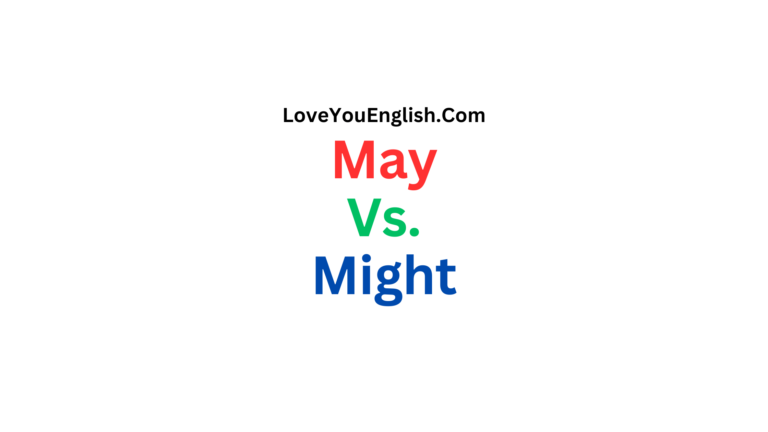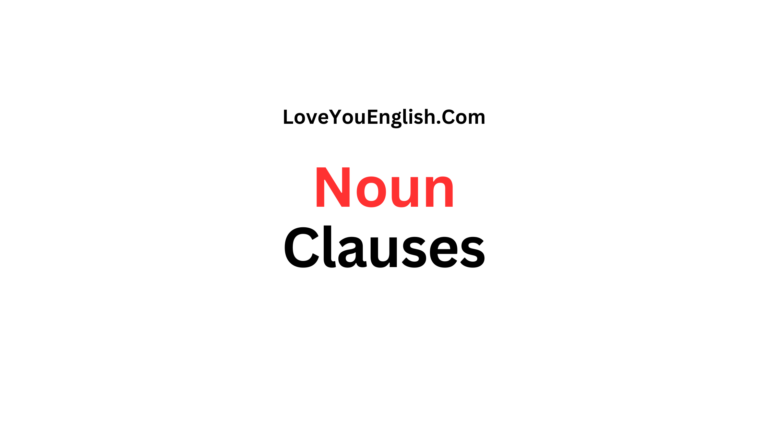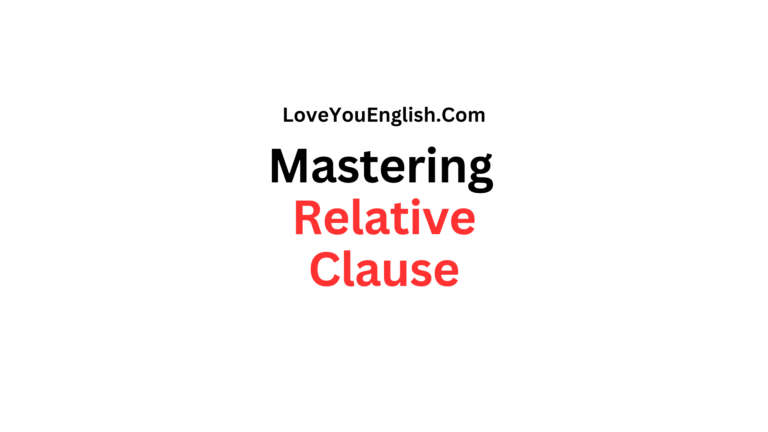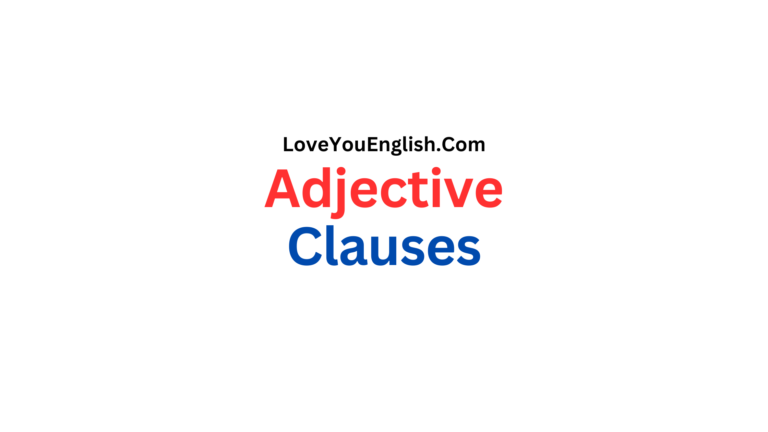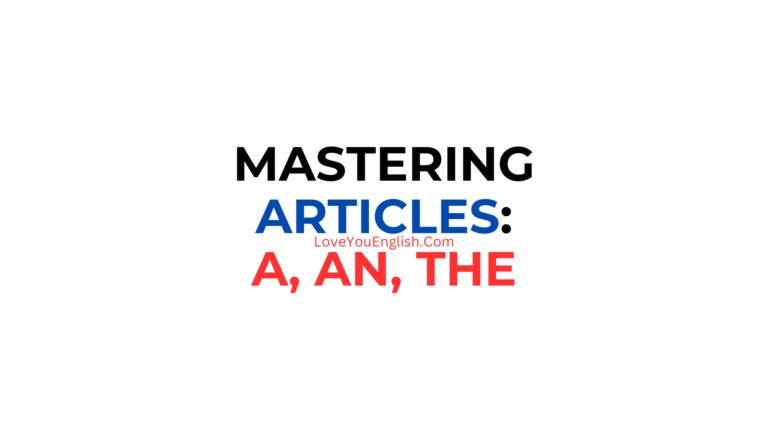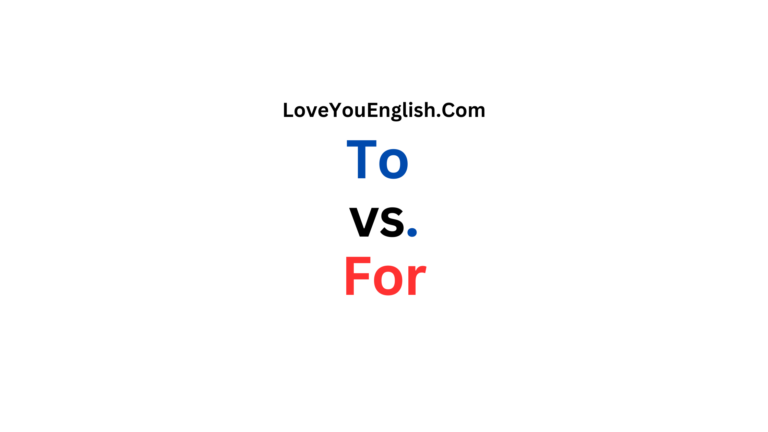Auxiliary Verbs: Definition and Examples
Auxiliary Verbs: Definition and Examples
Helping verbs, or auxiliary verbs, are super important in English grammar.
They team up with main verbs to form different tenses, moods, and voices in sentences.
Knowing about auxiliary verbs is key to getting a good handle on English grammar and making clear, accurate sentences.
In this post, we’ll look at what auxiliary verbs are, the different types, their roles, and plenty of examples to help you understand this basic part of English grammar.
What Are Auxiliary Verbs?
Auxiliary verbs are verbs that help the main verb in a sentence express different tenses, moods, or voices.
They “assist” the main verb by providing additional grammatical information.
The main verb, also called the lexical verb, carries the primary meaning of the action or state being described.
For example, in the sentence “She is singing,” “is” serves as the auxiliary verb, while “singing” is the main verb.
The auxiliary verb “is” helps to form the present continuous tense, indicating that the action is ongoing.
Types of Auxiliary Verbs
There are three main types of auxiliary verbs in English:
- Primary auxiliaries: be, have, do
- Modal auxiliaries: can, could, may, might, shall, should, will, would, must
- Semi-modal auxiliaries: ought to, need to, used to, dare to
Let’s examine each type in detail:
Primary Auxiliaries
The primary auxiliaries are “be,” “have,” and “do.”
These verbs can function as both main verbs and auxiliary verbs, depending on their usage in a sentence.
a) Be
As an auxiliary verb, “be” is used to form continuous tenses and the passive voice.
Examples:
- She is writing a novel. (present continuous)
- They were playing soccer when it started raining. (past continuous)
- The cake was baked by my grandmother. (passive voice)
b) Have
“Have” is used as an auxiliary to form perfect tenses.
Examples:
- I have finished my homework. (present perfect)
- They had already left when we arrived. (past perfect)
- She will have completed the project by next week. (future perfect)
c) Do
“Do” is used to form questions and negative statements in simple present and past tenses.
It’s also used for emphasis.
Examples:
- Do you like coffee? (question formation)
- She doesn’t eat meat. (negative statement)
- I do believe in ghosts! (emphasis)
Modal Auxiliaries
Modal auxiliaries express modality, such as possibility, necessity, ability, or permission.
They are always followed by the base form of the main verb.
a) Can / Could
Used to express ability, possibility, or permission.
Examples:
- I can speak three languages. (ability)
- It could rain later today. (possibility)
- Can I borrow your pen? (permission)
b) May / Might
Used to express possibility or permission (more formal than “can”).
Examples:
- She may arrive late to the party. (possibility)
- Might I suggest an alternative approach? (formal permission/suggestion)
c) Shall / Should
“Shall” is used for future actions or offers, while “should” expresses advice or obligation.
Examples:
- Shall we dance? (suggestion/offer)
- You should eat more vegetables. (advice)
d) Will / Would
“Will” is used for future actions or willingness, while “would” is used for hypothetical situations or polite requests.
Examples:
- I will call you tomorrow. (future action)
- Would you mind opening the window? (polite request)
e) Must
Used to express strong obligation or logical conclusion.
Examples:
- You must wear a seatbelt while driving. (obligation)
- She’s not answering her phone; she must be busy. (logical conclusion)
Semi-modal Auxiliaries
Semi-modal auxiliaries share some characteristics with modal auxiliaries but have slightly different grammatical properties.
a) Ought to
Similar to “should,” used to express advice or moral obligation.
Example:
b) Need to
Expresses necessity or obligation.
Example:
c) Used to
Describes past habits or states that are no longer true.
Example:
- I used to play the piano when I was younger.
d) Dare to
Means “to be brave enough to do something,” often used in negative or question forms.
Example:
More grammar topics:
- A Guide to Using “Me” and “I”
- How to Use “Have Got” in English Grammar
- How to Use English Grammar in Everyday Situations
- Differences Between Very, Too, and Enough
- Gerunds & Infinitives – What is the Difference?
Functions of Auxiliary Verbs
Auxiliary verbs serve several important functions in English:
Tense Formation
Auxiliaries help form various tenses, allowing speakers to express when an action occurs.
Examples:
- Present perfect: She has lived here for ten years.
- Past continuous: They were watching a movie when the power went out.
- Future perfect continuous: By next month, I will have been working here for five years.
Voice Formation
Auxiliaries are essential in forming the passive voice.
Example:
- Active: The chef prepared the meal.
- Passive: The meal was prepared by the chef.
Question Formation
Auxiliaries are used to form questions by inverting the subject and the auxiliary.
Examples:
- Do you speak French?
- Have they finished the project?
- Can she play the guitar?
Negative Statements
Auxiliaries help form negative statements by adding “not” after the auxiliary.
Examples:
- I do not agree with your opinion.
- She cannot attend the meeting tomorrow.
- They have not completed their assignments yet.
Emphasis
Auxiliaries can be used to add emphasis to a statement.
Examples:
- I do love chocolate! (emphasizing the verb “love”)
- She does understand the concept. (emphasizing against a contrary belief)
Expressing Modality
Modal auxiliaries express various shades of meaning, such as possibility, necessity, or obligation.
Examples:
- You should exercise regularly. (advice)
- It might rain later. (possibility)
- We must follow the rules. (obligation)
Common Patterns and Usage
Understanding the patterns and usage of auxiliary verbs is crucial for constructing grammatically correct sentences.
Here are some common patterns:
Double Auxiliaries
Sometimes, two auxiliaries are used together to express complex tenses or modalities.
Examples:
- She will have finished the report by tomorrow. (future perfect)
- They should have been more careful. (past modality with perfect aspect)
Triple Auxiliaries
In rare cases, three auxiliaries can be used together.
Example:
- The project will have been completed by next year. (future perfect passive)
Question Tags
Auxiliary verbs are used in question tags, which are short questions added to the end of statements.
Examples:
- You’re coming to the party, aren’t you?
- He can’t swim, can he?
Short Answers
Auxiliaries are used in short answers to avoid repeating the entire question.
Examples:
- “Do you like coffee?” “Yes, I do.” / “No, I don’t.”
- “Can she play the piano?” “Yes, she can.” / “No, she can’t.”
Contractions
Many auxiliary verbs can be contracted in informal speech and writing.
Examples:
- I’m (I am) going to the store.
- She’s (She has) already left.
- They aren’t (are not) coming to the party.
Common Mistakes and How to Avoid Them
Even native English speakers sometimes struggle with the correct usage of auxiliary verbs.
Here are some common mistakes and tips to avoid them:
Mixing up “have” and “of”
Incorrect: I should of gone to the party.
Correct: I should have gone to the party.
Tip: Remember that “have” is always used as an auxiliary, never “of.”
Forgetting to use “do” in negative statements and questions
Incorrect: Why you not come yesterday?
Correct: Why did you not come yesterday? (or “Why didn’t you come yesterday?”)
Tip: Always use “do/does/did” to form questions and negatives in simple present and past tenses.
Using the wrong form of the main verb after modals
Incorrect: She can goes to the party.
Correct: She can go to the party.
Tip: Always use the base form of the main verb after modal auxiliaries.
Double negatives
Incorrect: I don’t have no money.
Correct: I don’t have any money. (or “I have no money.”)
Misusing “will” and “shall”
While “will” is more common in modern English, traditionally, “shall” was used with first-person subjects (I, we) to express future actions, and “will” with second and third-person subjects.
Example:
- I shall attend the meeting tomorrow. (formal/traditional)
- I will attend the meeting tomorrow. (more common in modern usage)
Tip: In most cases, using “will” for all persons is acceptable in modern English.
For English language learners, mastering the use of auxiliary verbs is a crucial step in achieving fluency.
Here are some tips for learning and teaching auxiliary verbs:
- Focus on patterns: Teach the basic patterns of auxiliary usage in different tenses and structures.
- Use contextual examples: Provide real-life examples to illustrate how auxiliaries are used in context.
- Practice with drills: Use repetition drills to help learners internalize the correct usage of auxiliaries.
- Encourage production: Create opportunities for learners to use auxiliaries in their own speech and writing.
- Address common errors: Explicitly teach and practice areas where learners often make mistakes with auxiliaries.
- Incorporate authentic materials: Use songs, news articles, and dialogues to expose learners to natural usage of auxiliary verbs.
Conclusion
Auxiliary verbs are super important in English grammar.
They help us create different tenses, show possibilities, and ask questions or make negative sentences.
If you learn about the various types of auxiliary verbs and what they do, you can really boost your English communication skills.
Getting good at using auxiliary verbs takes time and practice.
Listen to how native speakers use them in different situations, and don’t hesitate to try them out in your own conversations and writing.
With enough practice, using auxiliary verbs correctly will feel natural, helping you express yourself more clearly and smoothly in English.
As you keep improving your language skills, make sure to dive deeper into auxiliary verbs and see how they work with other parts of English grammar.
This will not only help you understand the language better but also give you the confidence to communicate well in both casual and professional situations.


